"Ever since I came out of my mother's womb, I have never known happiness."
There are sentences that do not leave you. They echo long after the page is closed, sitting heavy in your chest. This is one of them.
Grass is not a story of war in the way we often hear it. It is the story of a girl named Lee Ok-sun, stolen from her home, forced into sexual slavery by the Japanese Imperial Army during World War II, and left to survive a life shaped by betrayal, abandonment, and silence.
Lee’s early life was already marked by suffering. Poverty so deep that food was a daily uncertainty, beatings from those meant to protect her, a childhood with no refuge. When recruiters came offering factory work, her family, desperate and powerless, let her go. It was not factory work waiting. It was a military brothel.
The graphic novel does not sensationalize her experiences. It lets them accumulate, one horror, one injustice, one betrayal at a time. The stark black ink, the minimal brushstrokes, everything about Grass feels deliberate, restrained, and unbearably real. There are no easy catharses here, no manufactured hope. Only the slow, grinding endurance of a woman who refused to vanish.
What cuts deeper than the initial violence is the life that follows. Decades of shame, of being treated like she was complicit in her own suffering, of living hidden and unnamed. Lee Ok-sun lived most of her life carrying not just trauma, but the crushing burden of being forgotten by the world. And yet, she remembers. She speaks. Even when the memories are too painful. Even when there is no guarantee that anyone will listen.
There is no triumphant recovery in Grass. There is only survival, raw, stubborn, imperfect. Lee does not present herself as a hero. She presents herself as someone who endured because there was no other choice.
What Grass reveals, in its quiet devastation, is that survival itself is an act of defiance. To continue breathing, to continue existing, after being treated as disposable, that is resistance. To tell the truth, when the world would rather it stay buried, that is courage.
I sat with this book for a long time after I finished it, overwhelmed not just by sadness, but by a kind of reverence. Grass is not merely about history. It is about memory. About the responsibility we carry once we know. About how silence can destroy, but speaking, even late, even trembling, can reclaim some small piece of dignity.
Lee Ok-sun’s life reminds us that the deepest wounds are often invisible. That the cost of survival is rarely seen from the outside. And that to bear witness to another’s suffering is not an act of charity. It is an act of justice.
Grass is not a story of healing. It is a record of what was taken and never returned. Some losses echo forever.
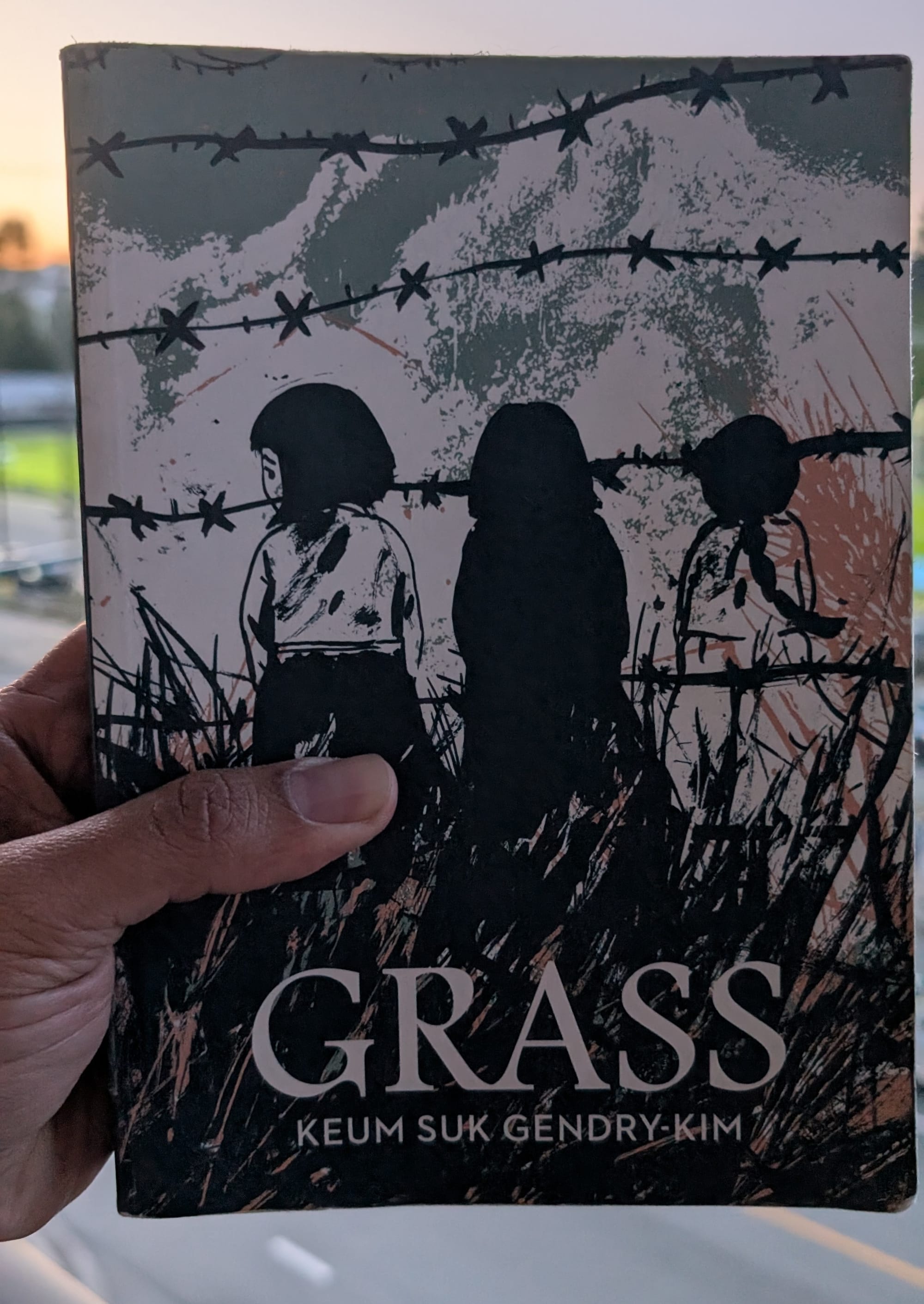
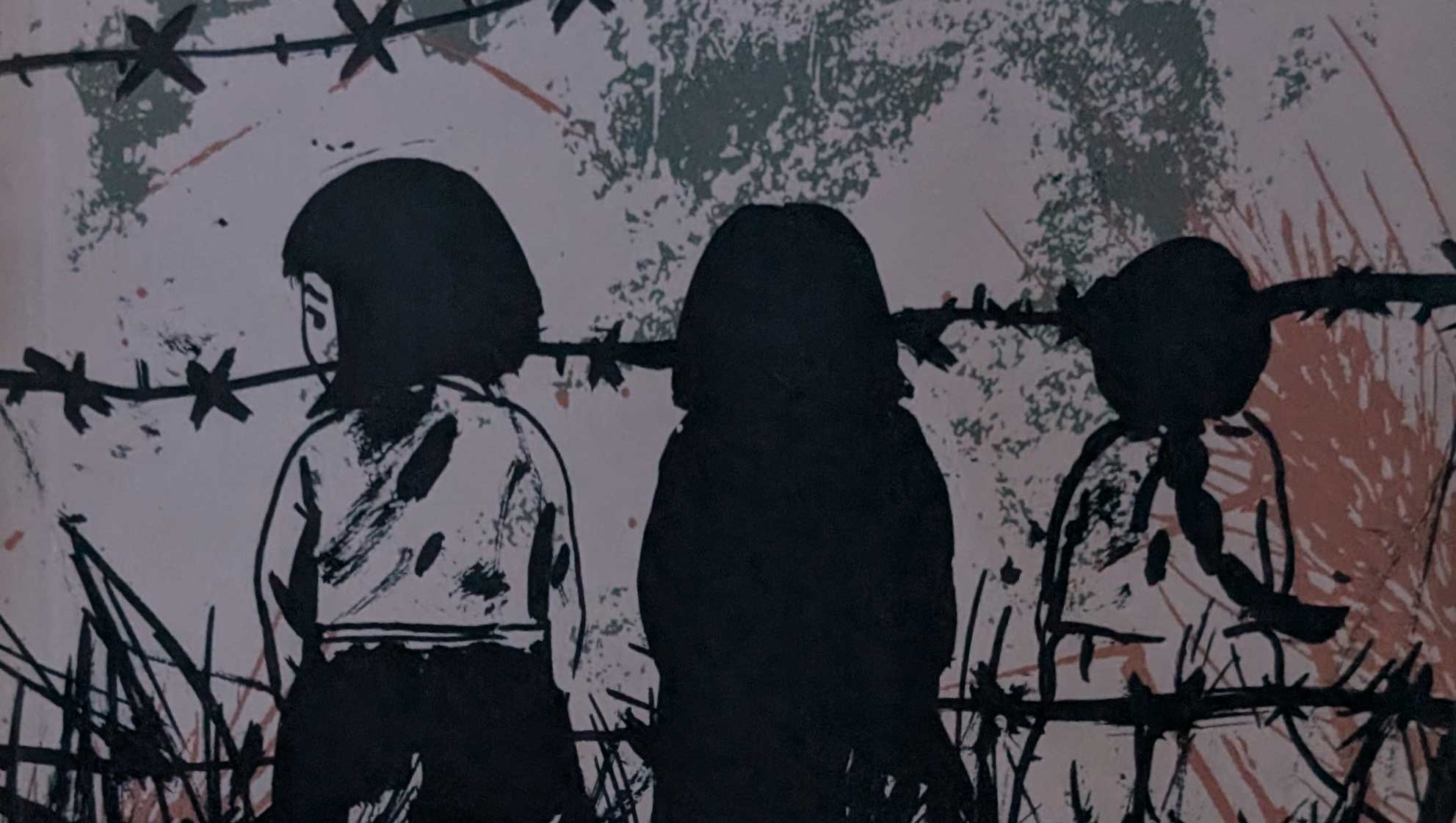


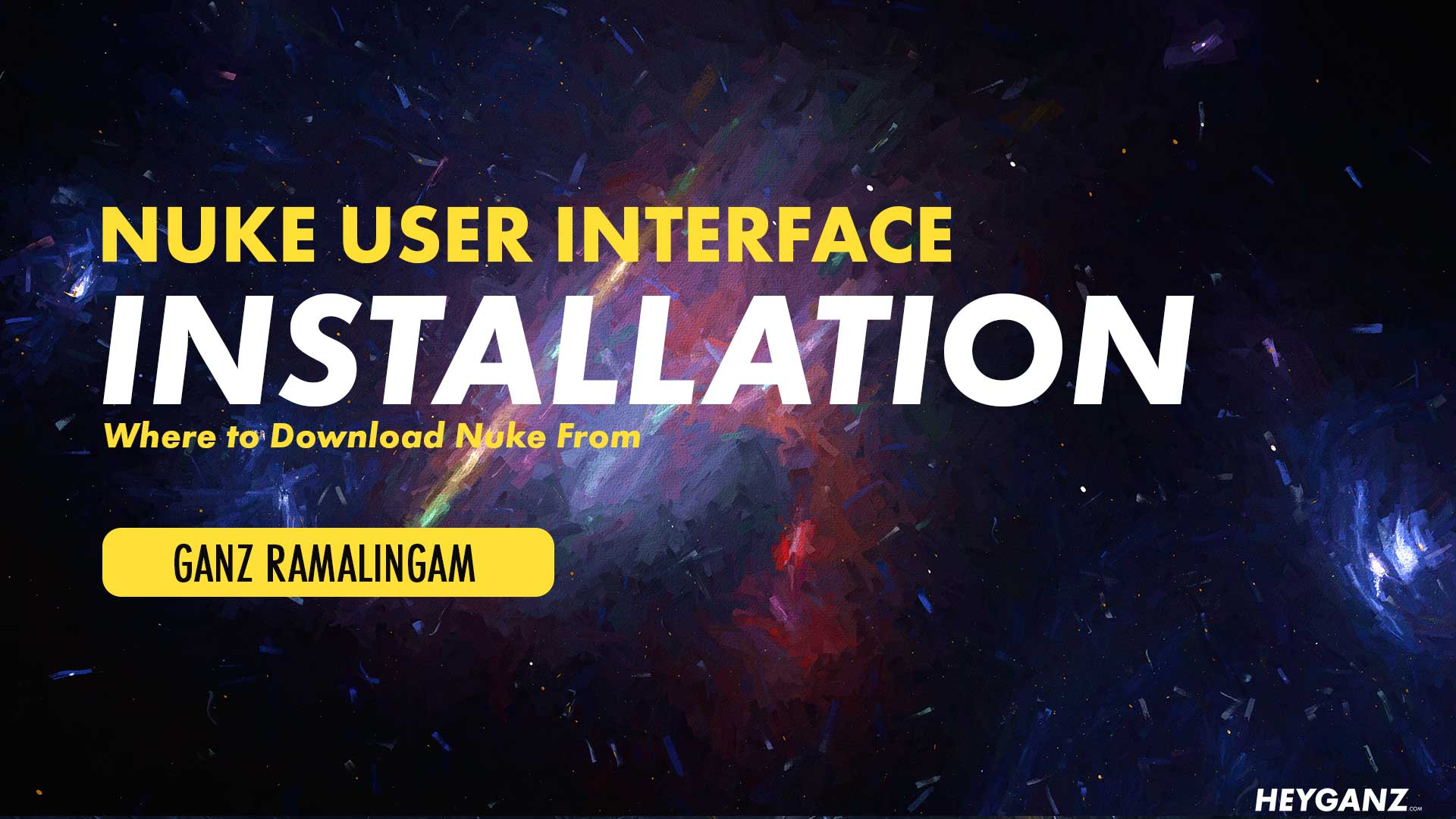
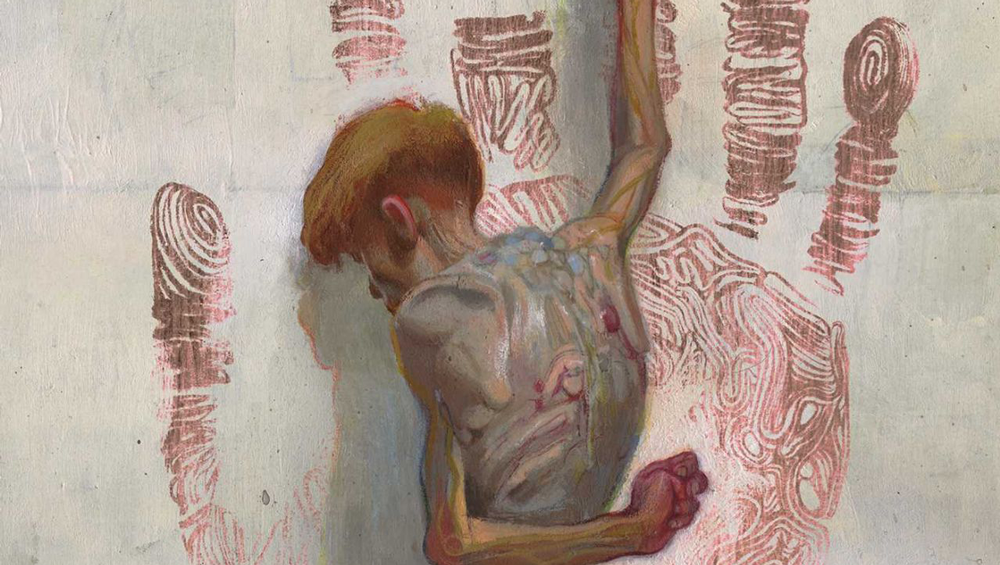
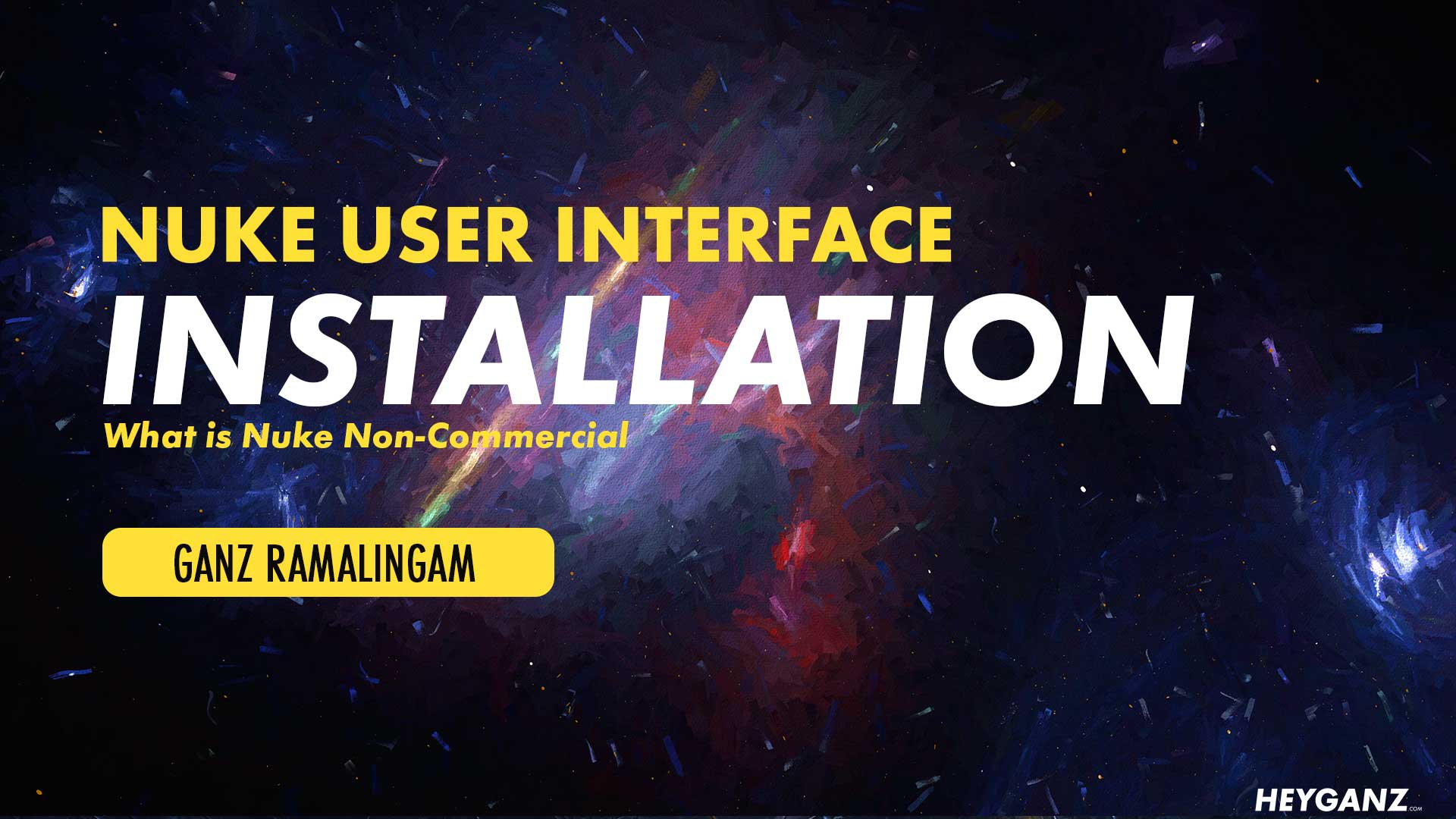
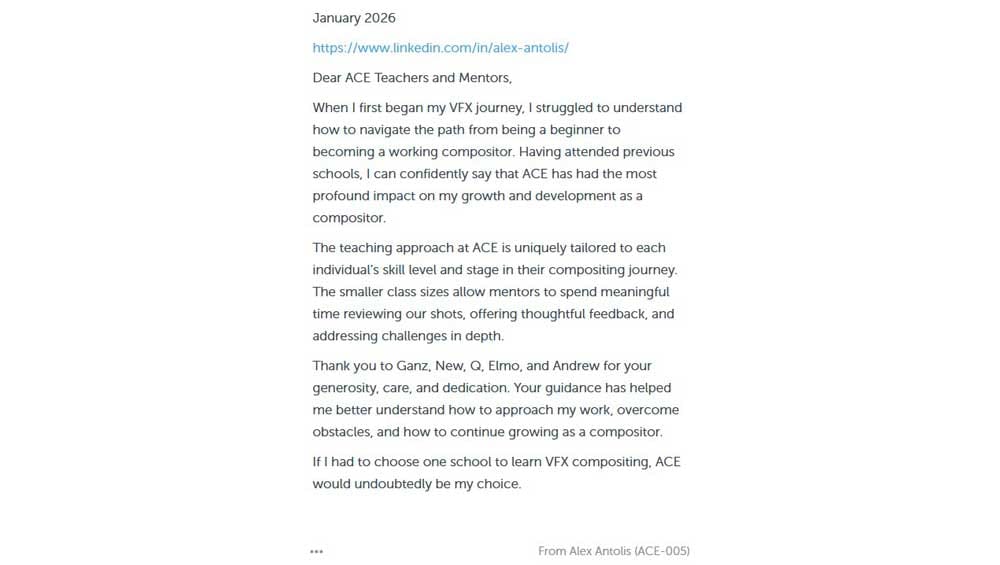
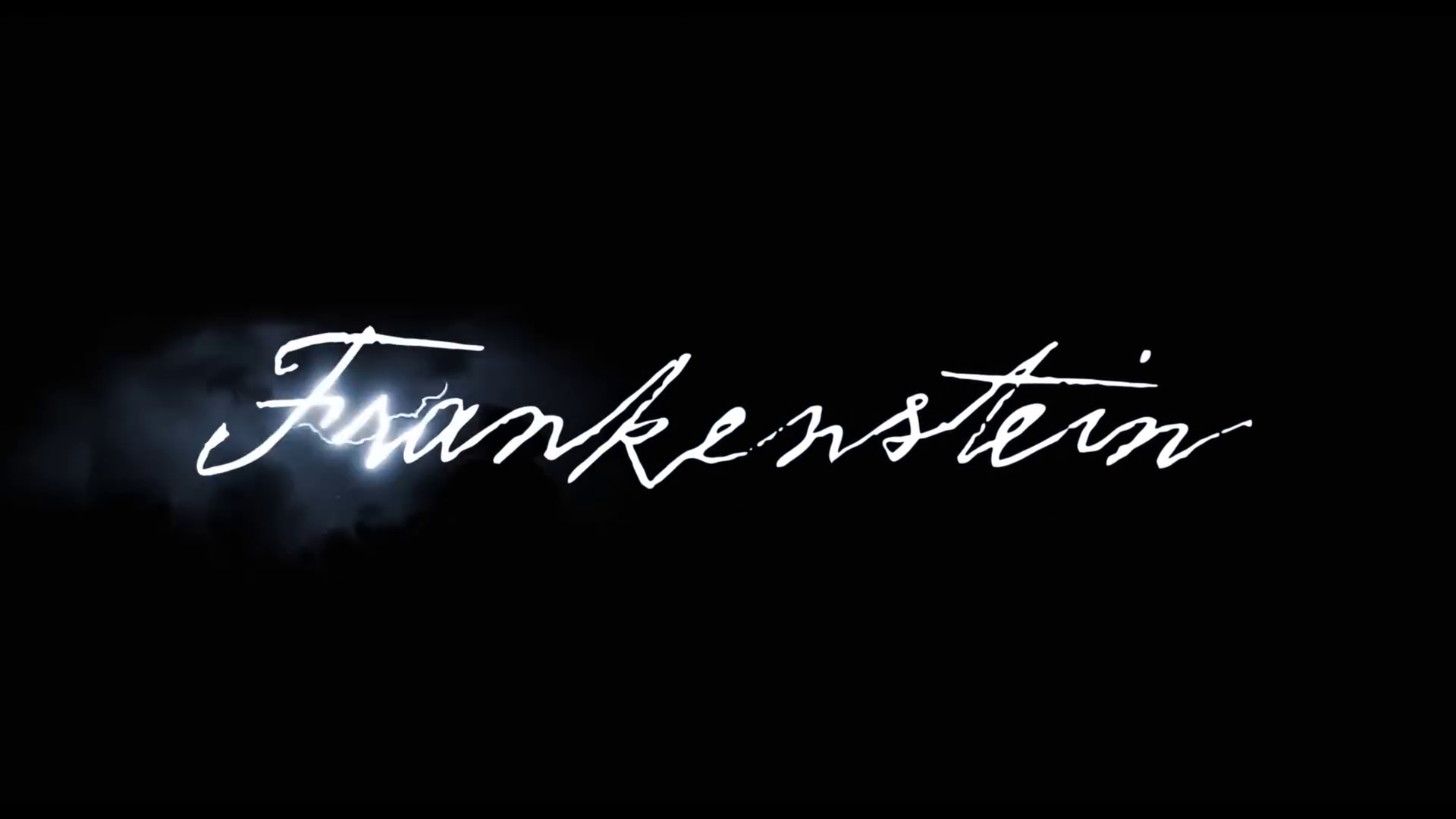

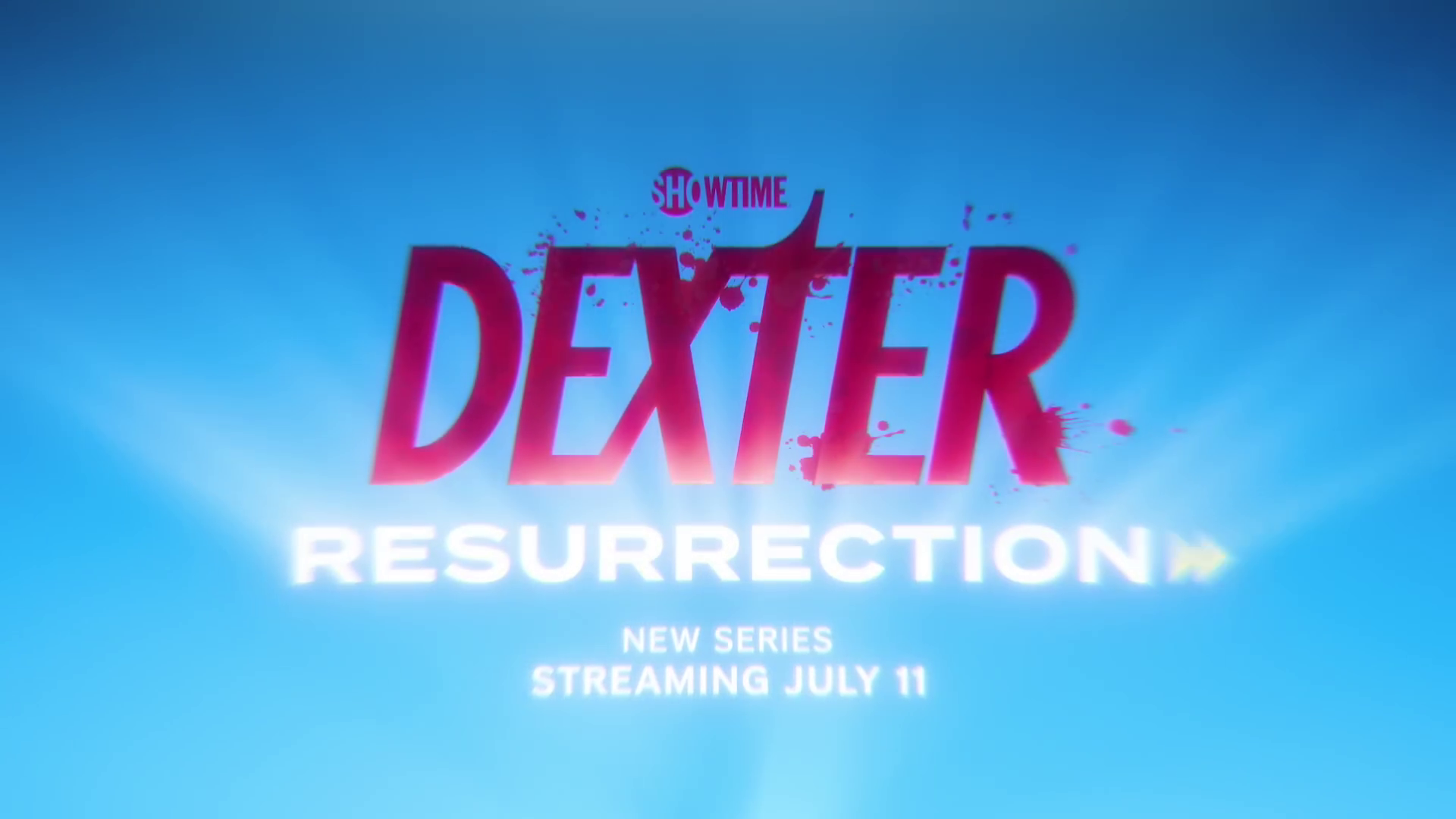
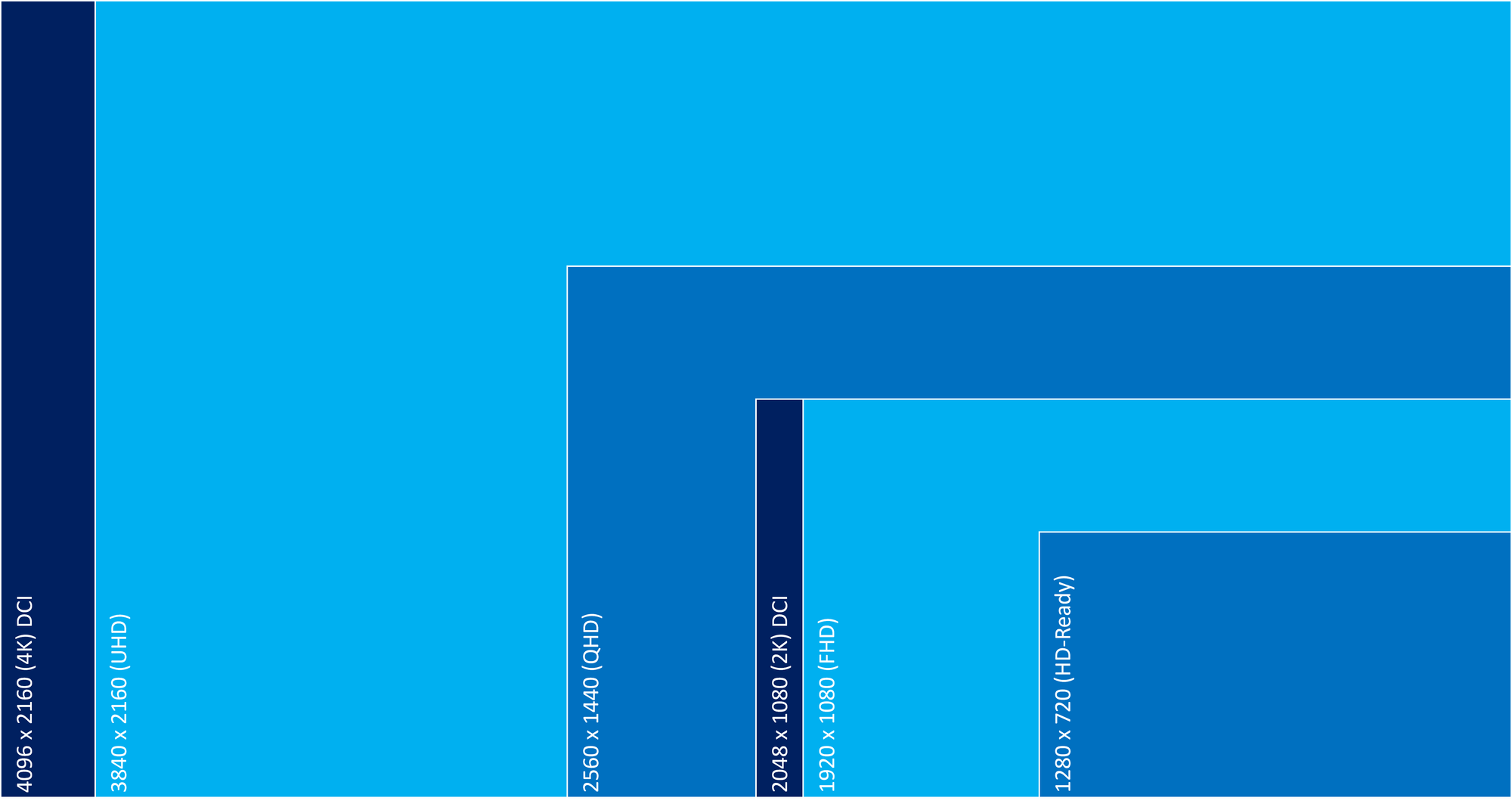
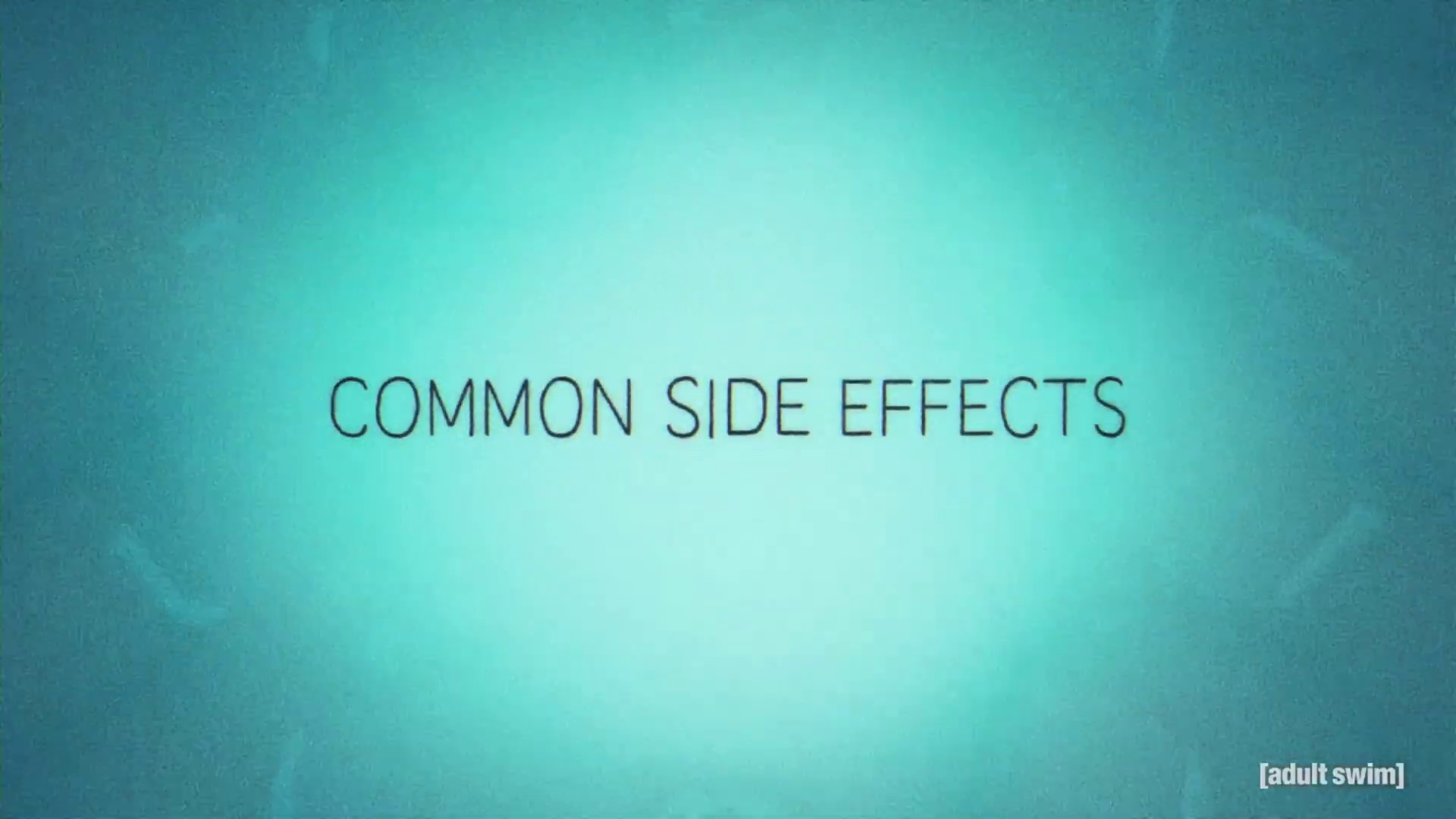
Discussion